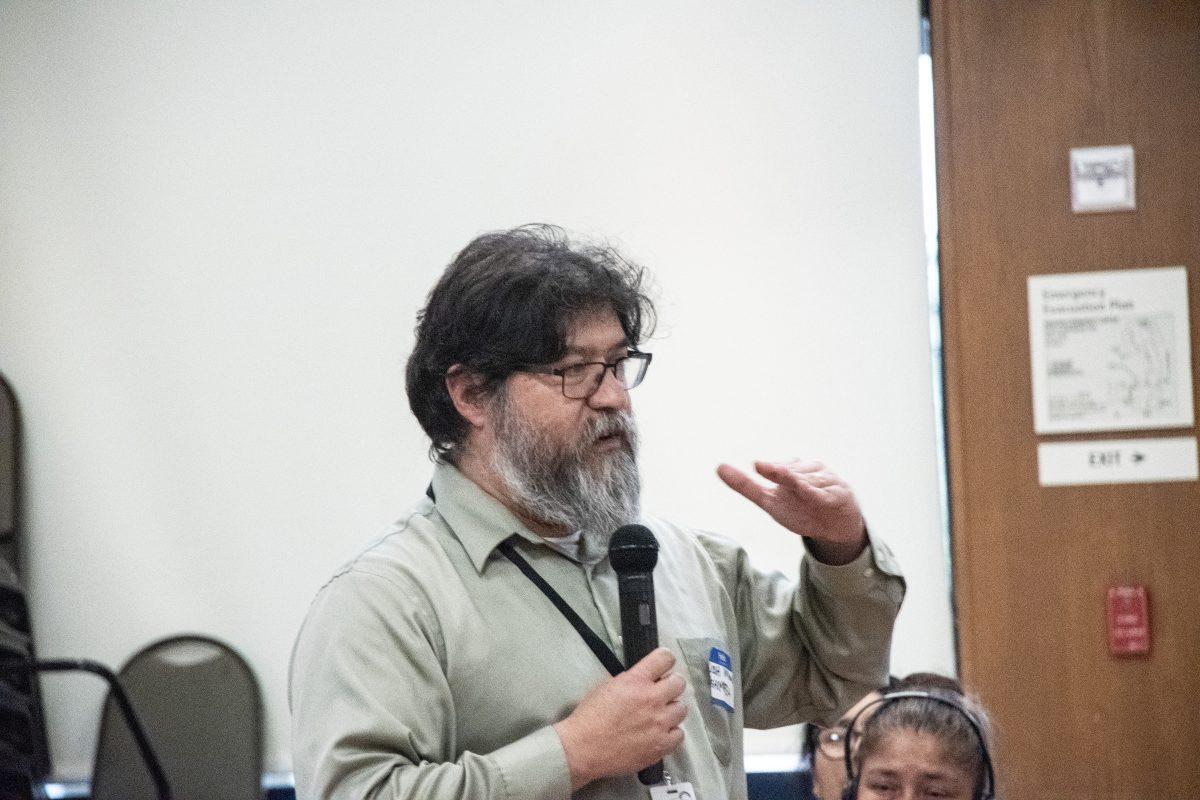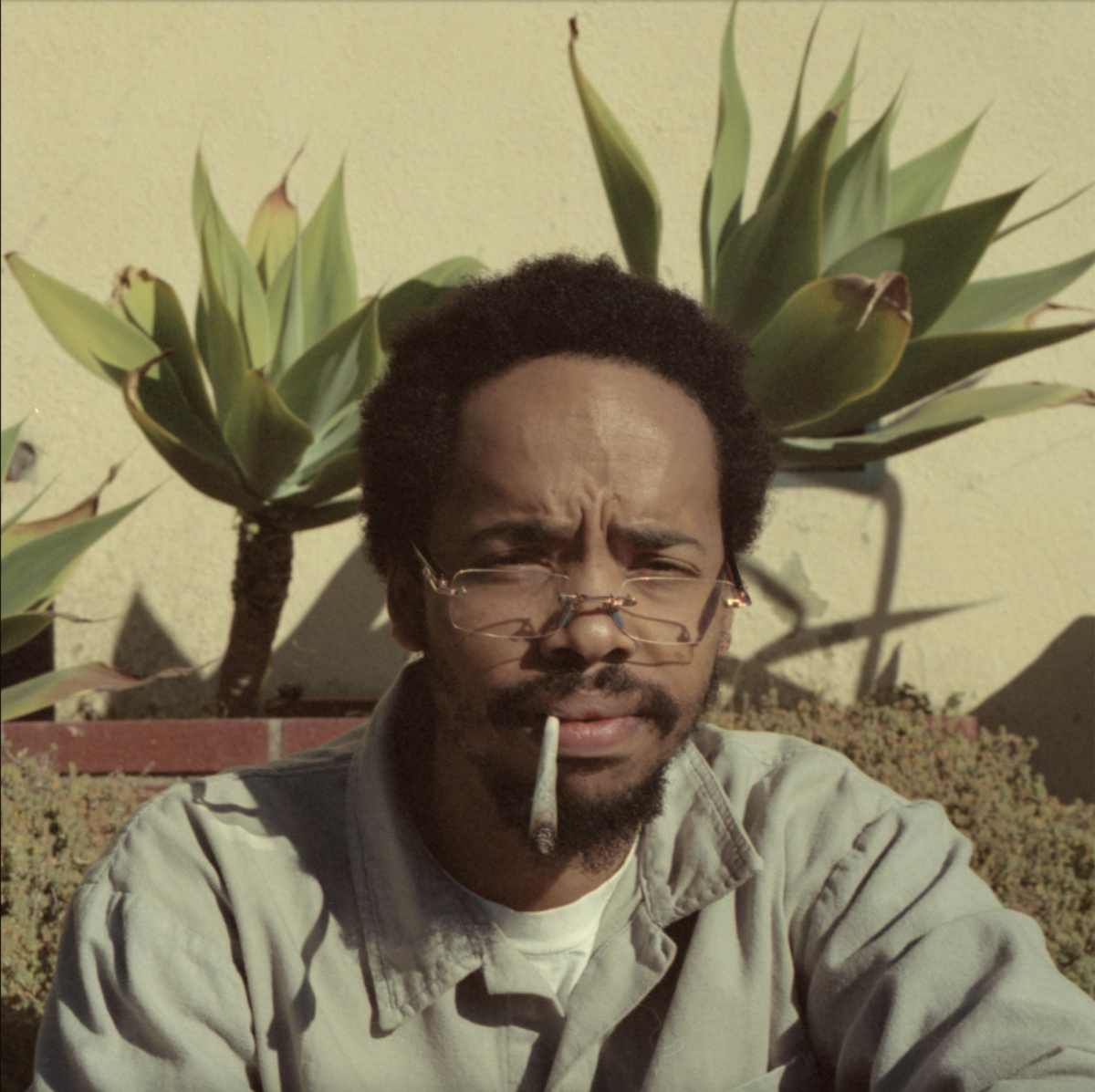The city of San Jose held a housing community meeting in regard to decreasing the cost of housing in San Jose at the Mayfair Community Center on Aug. 31.
Many of those in attendance were low-income families and advocates.
Josh Ishimatsu, acting division manager at the Anti-Displacement Tenant Preference Policy Team, and Avni Desai, an executive fellow from FUSE, did a presentation on the housing crisis in San Jose.
FUSE is a national non-profit organization that provides support to low-income residents in the South Bay Area. Ishimatsu and Desai started the meeting by presenting a slideshow of goals city officials are looking to accomplish.
Some of these goals included preventing displacement of lower-income renters, allowing residents to have housing choices and making the best use of scarce publicly-funded affordable housing.
In one of the slides, it stated that up to 35% of all restricted affordable units otherwise available to the general public.
These units aim to to help low-income families by lowering the cost of housing and preventing the loss of housing.
District 5 resident Angelica Flores, said there is a lot of housing construction around her and is at risk of losing her home.
“I am at high risk where there are so many construction projects (East San Jose),” Flores said. “I live in a duplex in which there is no preference, no protection and my situation is risky.”
Flores, who works for a small contract-creating business, also said more than half of her salary goes to her rent.
Ishimatsu did not describe what the 35% statistic represented.
Elizabeth Agramont-Justiniano, an advocate from the Sacred Heart Housing Action Committee said she came to the meeting to understand a little more about the housing crisis and find ways to support her local community.
Sacred Heart Housing Action Committee is a community service organization that combats poverty and helps change economic laws in Santa Clara County.
“I really, really care about our community and making sure that our community is not displaced because displacement eviction, being unhoused predominantly disproportionately affects people of color,” Agramont-Justiniano said.
Agramont-Justiniano said there are many low-income residents in San Jose who come from different marginalized groups, including multiple BIPOC communities, the LGBTQ+ community, veterans and people with different mental health issues.
“I feel really passionate about protecting our community and making sure that it truly is a place where we all belong,” she said.
San Jose’s City Council approved Senate Bill 649 and is now moving the bill forward to the state capital and attempting to make it an official law.
Agramont-Justiniano said it’s crucial for community members to be aware of changes regarding prevalent topics like housing.
“It’s so important for members in the community to come to events like this, to be involved and to learn about the policies that are being shaped that will impact their lives,” Agramont-Justiniano said.
Agramont-Justiniano said she hopes everyone can get the opportunity to have their voices heard by representatives, city council members and anyone who has the authority to influence and improve housing in San Jose.
“It’s hard, it’s a sacrifice a lot of people who are like working by families, other obligations or taking care of like loved ones. That’s so important that we come here and that we show up and that we let her voice be known to the housing department, to our city councils, to the mayor,” Agramont-Justiniano said.






































